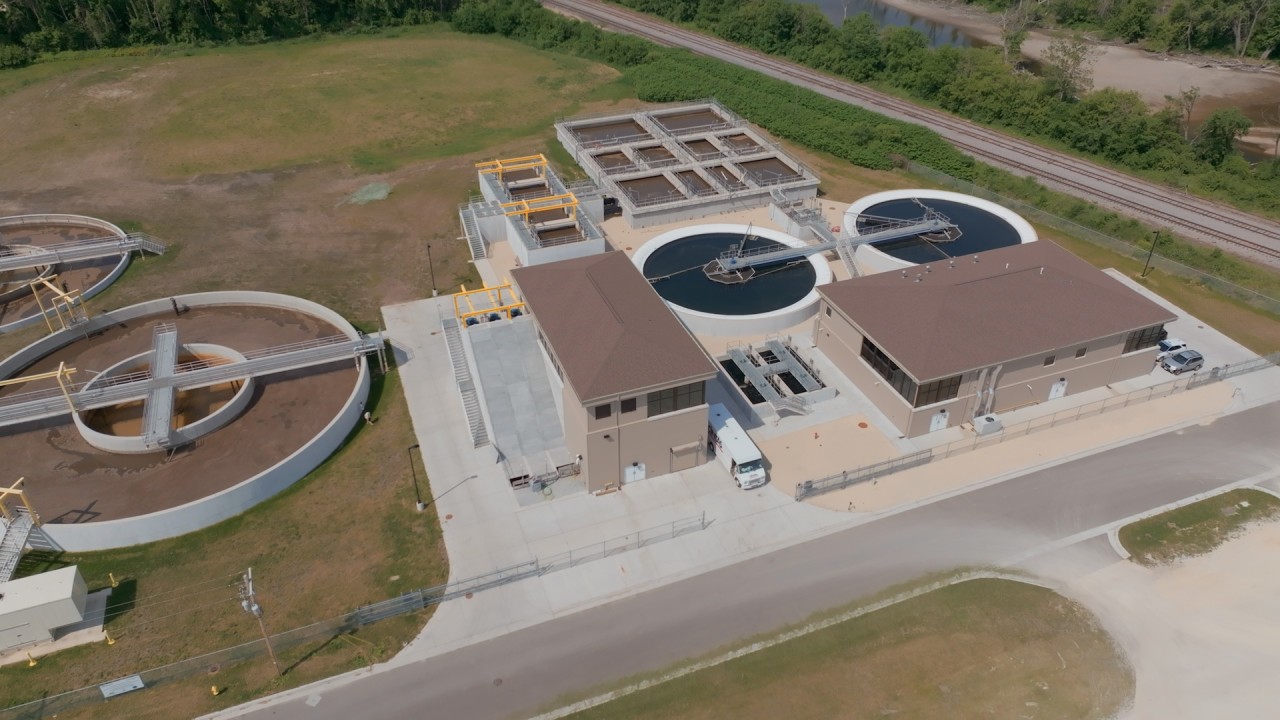Securing funding for wastewater treatment plants in rural communities
Many rural communities across the United States rely on wastewater treatment processes that fall short of environmental and public health protection standards. The U.S. Environmental Protection Agency (EPA) and the U.S. Department of Agriculture (USDA) have introduced several funding mechanisms to improve water and wastewater infrastructure in small municipalities (populations of 10,000 or fewer) to ensure local water quality is not affected by improper wastewater management.
Funding for wastewater treatment plants in rural communities is available, and grant and low-interest loan management assistance can help secure funds to upgrade aging wastewater infrastructure in your community.
Funding for wastewater treatment plants in rural communities
A majority of wastewater systems in rural communities are decentralized, with an average daily wastewater flow of less than 1 million gallons. A decentralized wastewater system treats sewage from homes and offices near the source of wastewater generation instead of collecting and transporting the waste to a centralized treatment plant. Decentralized systems are an effective, low-cost alternative to centralized systems. However, rural communities have their own set of challenges with building and maintaining effective wastewater treatment services, including:
- Limited funds and managerial capacity.
- Geographically isolated and dispersed population.
- Extreme topography and climate.
- Difficulty in training system operators.
The historic Bipartisan Infrastructure Law has allocated $11.7 billion in loans and grants to communities for water-quality infrastructure projects, including wastewater solutions for these communities. The new stream of funding helps support wastewater treatment technology upgrades in small and rural communities through the U.S. EPA's State Revolving Funds (SRFs), particularly the Clean Water State Revolving Fund (CWSRF) and the Drinking Water State Revolving Fund (DWSRF).
The U.S. Department of Agriculture (USDA) and the EPA in a joint partnership have announced the Closing America's Wastewater Access Gap Community Initiative that will be piloted in 11 underserved communities across the country to provide wastewater sanitation. The USDA also provides loans and grants for upgrading water and wastewater utilities in small, rural and tribal communities.
The following table highlights federal funds and grants from the EPA and USDA to upgrade rural wastewater systems.
For small communities, securing funds to develop wastewater infrastructure and ensure successful improvements is an uphill task. Partnering with experienced wastewater engineers can help you navigate the process smoothly.
Partner with professionals to secure funding for wastewater treatment plants
At Fehr Graham, our team of experienced wastewater engineers and licensed contractors have helped rural communities across the Midwest strengthen wastewater systems since the 1970s. From understanding the need for custom wastewater solutions to securing funds and overseeing construction, we provide end-to-end assistance beyond the standard environmental and engineering services. With Fehr Graham, you can be assured of innovative, results-driven and affordable wastewater management solutions for your community.
To know more about funding for wastewater treatment plants in rural communities, contact us or give us a call at 815.235.7643.
 |
Fehr Graham Senior Community Development Specialist Bridgette Stocks serves as the principal contact for all funding-related programs, navigating complicated rules and regulations to secure maximum dollars. She is a vital partner when it comes to strengthening communities to provide resilient and critical infrastructure. Her success speaks for itself – she has secured more than $200 million for Fehr Graham clients. She can be reached at |
Collaborative, Insightful, Results-Driven Solutions
Fehr Graham provides innovative engineering and environmental solutions to help improve the lives and communities of our customers.

